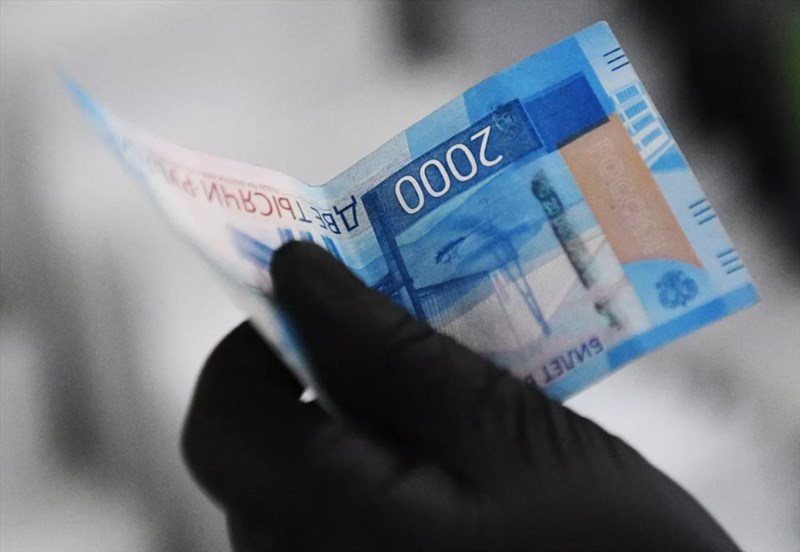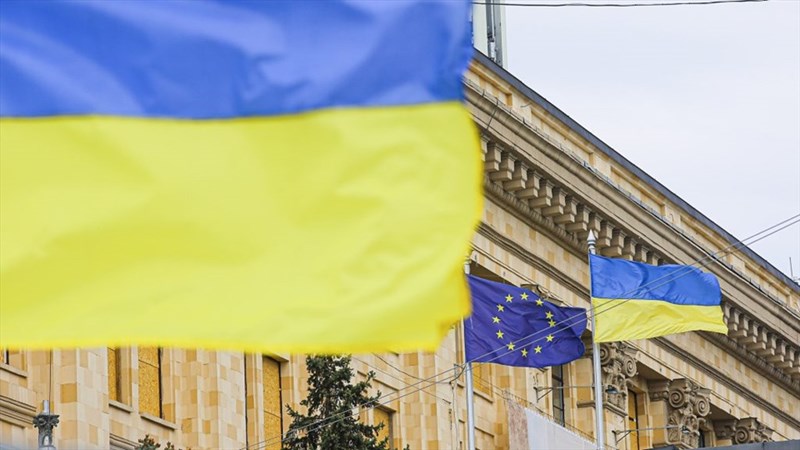EU depends on China’s key metals

Europe imports a lot of rare earths from China – Photo: AP
According to German Television DW, even as the EU tries to cut energy supplies from Russia, the bloc still relies heavily on China for industrial metals and rare earths. These are the materials needed for wind turbines, electric vehicles, solar cells and semiconductors.
This means that in the future China could cause a big headache for the European Union.
Depending on the metal commodity, the European Union depends on imports from 75% to 100%.
Of the 30 raw materials that the EU classifies as important, 19 are mainly imported from China, including magnesium, rare earths and bismuth (a chemical element in the periodic table with the symbol Bi and number atom 83) which China has a de facto monopoly, providing up to 98% of the resources needed for the EU.
This dependence may even increase in the future. The EU reckons that cobalt demand alone will increase fivefold by 2030. Lithium demand is expected to grow 18-fold by 2030 and 60-fold by 2050.
However, there is no guarantee that Europe’s needs will be fully met in the future.
In its latest five-year plan, Beijing made it clear that exports would be cut to meet growing domestic demand.
Instead of exporting raw materials, China aims to become a global technology leader in key industries.
Over the years, Germany has been trying to diversify its imports of raw materials. Rare earths are not only imported from China, but also from Brazil.
However, research by the German Mineral Resources Agency DERA shows that Germany continues to depend largely on Chinese imports, both for raw materials and for processed goods.
Currently, the price per ton of magnesium has increased from $2,000 to $10,000 (1,850 euros to 9,250 euros).
In autumn 2020, Europe established the Raw Materials Union, to strengthen supply security and diversify the import of raw materials for European industries.
In addition, the EU aims to strengthen its own mining and processing activities.
Some important materials can actually be found in Europe, but many countries don’t want any dirty mining on their land.
Spain has just experienced protests against plans to open a lithium mine in Estremadura. Such protests also occurred in Serbia and Portugal.
In Germany there is also lithium. After a long search for investors, lithium mining is expected to start in the German state of Saxony in 2025.
at Blogtuan.info – Source: tuoitre.vn – Read the original article here



